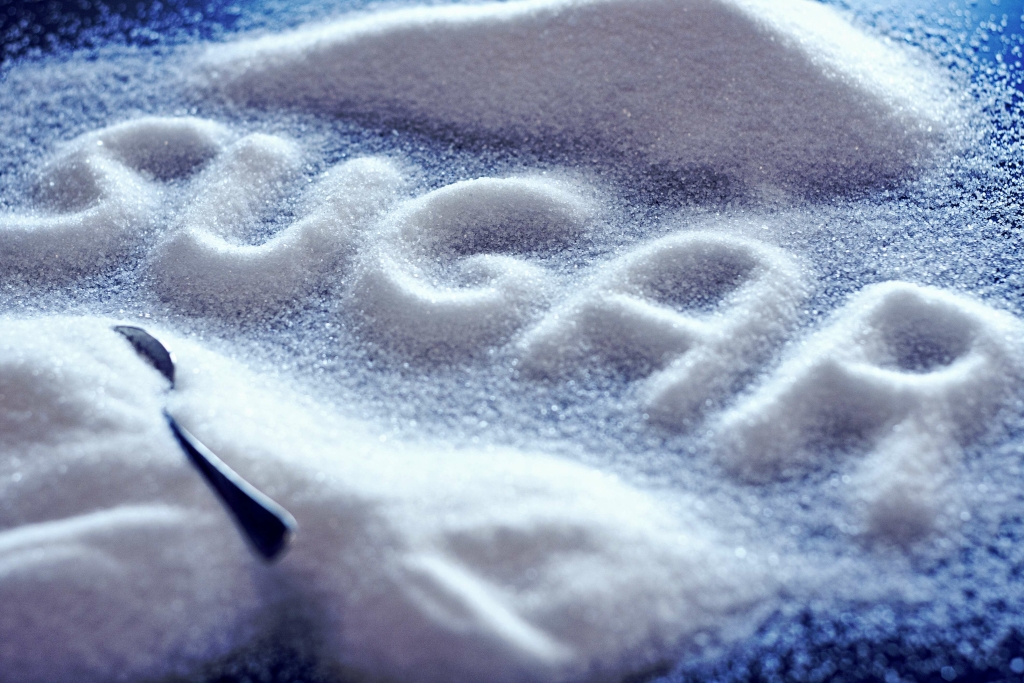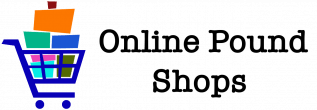Recovery Support Tools and Resources
Ultimately, embracing the nuances of each individual’s journey, TTM and MI provide a comprehensive framework for clinicians and individuals alike to navigate the intricate terrain of addiction recovery. Over the past two decades, the opioid crisis has accelerated the integration of addiction care in the U.S. with mainstream medicine. Yet methadone, the oldest and still one of the most effective medications in our OUD treatment toolkit, remains siloed. https://mmcpajero.ru/comment/3644/ In the current era of powerful synthetic opioids like fentanyl dominating the statistics on drug addiction and overdose, it is time to make this effective medication more accessible to all who could benefit. The recent rules making permanent the COVID-19 provisions are an essential step in the right direction, but it will be critical to pursue other ways that methadone can safely be made more available to a wider range of patients with OUD.

Center for Mental Health Services (CMHS)
- The Stages of Change model, an integral part of TTM, incorporates an environmental dimension, examining how targeted behavior changes manifest within the broader context of an individual’s life.
- Your best chance of recovery is by getting combined mental health and addiction treatment from the same treatment provider or team.
- The more people you can turn to for encouragement, guidance, and a listening ear, the better your chances for recovery.
- IBut spiritual freedom can be part of healthy recovery if one understand it more clearly.
- Drug addiction is a pervasive issue in the United States, affecting millions of people and their families.
- You can support your drug treatment and protect yourself from relapse by having activities and interests that provide meaning to your life.
You may also find support groups in your community or on the internet. While naloxone has been on the market for years, a nasal spray (Narcan, Kloxxado) and an injectable form are now available, though they can be very expensive. Whatever the method of delivery, seek immediate medical care after using naloxone.
Understanding Motivation and Behavioral Change: The Stages of Change Model
This step-by-step guide can help you cope with cravings, deal with relapse, and overcome your substance use disorder. Work with your health care provider to learn about your options. They are part of most treatment plans and usually happen with a licensed behavioral health professional, either one-on-one or in a group setting. Some treat specific conditions, while others work for many different conditions. The goal of most treatments is to change thoughts and behaviors, and, if needed, manage physical dependence on drugs or alcohol. 7 in 10 of adults who have had a mental health or substance use condition are in recovery.
Build a meaningful drug-free life

At least equally necessary is developing in a positive direction out of the addiction. The key is cultivating new goals and taking measures to move towards them. The motivational force of new goals eventually helps rewire the brain so that it has alternatives to the drive for drugs. It’s hard to leave addiction behind without constructing a desirable future. Other research pinpoints http://eaward.ru/grecij/b3843/ the values of cognitive behavioral therapy for relapse prevention, as it helps people change negative thinking patterns and develop good coping skills. Recent trials of models of methadone dispensing in pharmacies and models of care based in other settings than OTPs have not supported concerns that making methadone more widely available will lead to harms like overdose.

What medications and devices help treat drug addiction?
A .gov website belongs to an official government organization in the United States. Start your own meeting so you can help others to help themselves. Train online or in person and get access to our tools and resources. This tip sheet explores climate change, hot weather, and impacts https://www.ukamina.com/books/yantar.html of heat on people who use medication. 7 in 10 adults who ever had a substance use problem considered themselves to be recovering or in recovery. Burnout in healthcare professionals, especially those with adverse childhood eperiences, causes exhaustion and reduced effectiveness.

- Treatment for more serious conditions may mean staying with a program for a year or more.
- This 17-minute video from Mark Tyndall about harm reduction and recovery is one of the best TED Talks for addiction treatment.
- Counseling and therapy are usually focused on developing healthy skills to cope, like handling the loss of a loved one, drug or alcohol use, or a problem in your relationship.
